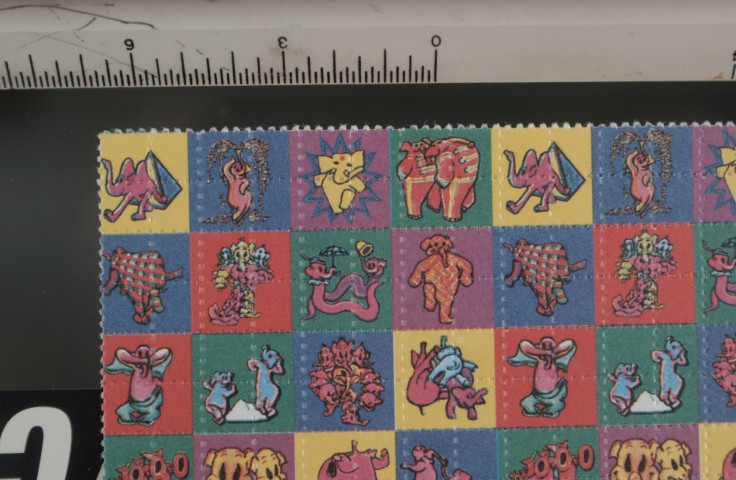LSD Could Be Used To Treat Alcohol Abuse

The psychedelic drug LSD could be effective at treating alcoholics and preventing the addicts from relapses, according to new research.
The hallucinogenic drug nearly doubled the number of former alcoholics from relapsing compared to recovering alcoholics who did not drop acid, researchers found in an analysis of six studies published between 1966 and 1970.
Many patients said they had gained a new appreciation for their alcohol problem and new motivation to address it, Teri Krebs, study author and neuroscientist at the Norwegian University of Science and Technology, said in a statement.
Researchers from Harvard University and the Norwegian University of Science and Technology analyzed six studies where LSD was part of the alcoholism treatment and found that nearly 60 percent of the patients given the drug did not relapse during the course of the studies compared to 39 percent who relapsed.
Researchers found the largest improvement during the first few months of treatment, but the improvement eventually waned.
It is unusual for psychiatric drugs to have an effect that lasts for several months after a single dose, the authors wrote. The next step should be to periodically provide additional doses of LSD in combination with modern evidence-based treatment programs.
The Journal of Psychopharmacology published the study on Thursday.
The idea of fighting one drug addiction with another drug is not new, researchers said.
Before being banned in the 1970s, many doctors used the synthetic drug to treat pain, alcoholism and mental disorders after it became available in 1938.
Look at heroin addiction - we use methadone, another type of opiate, and give it to people to prevent them from overdosing, Dr. Richard Ries, an addiction psychiatrist at the University of Washington, told MyHealthNewsDaily.
However, some researchers cautioned the analysis.
Ken Checinski, an addiction psychiatrist in London, told Nature that no treatment should be seen as a magic bullet and that modern therapy treatments have improved since the studies were conducted.
The included LSD trials pre-date the use of psychological techniques such as motivational interviewing and cognitive behavior therapy, Checinski told Nature.
LSD - lysergic acid diethylamide - became popular during the counterculture 1960s when acid advocate and author Timothy Leary coined the term turn on, tune in, drop out.
Scientists are not entirely sure how LSD works in the brain, but researchers suspected that alcoholics were forced to become introspective and confront their demons while on the drug.
Individually, each of the six examined studied contained flaws, Krebs said in a statement. But when we combine studies that had sound methodology, the results are unambiguous. We can therefore safely conclude that a single dose of LSD had a positive treatment effect that lasted at least six months.
The six studies encompassed over 500 people, of whom a few experienced side effects from LSD such as anxiety, confusion and one had a seizure, according to the analysis.
Given the evidence for a beneficial effect of LSD on alcoholism, it is puzzling why this treatment approach has been largely overlooked, the authors wrote. The researchers concluded that the social and political history of LSD made it difficult to get approval for clinical trials.
LSD is illegal to manufacture, buy, possess or distribute and the United States does not recognize any legitimate medical use of the drug.
Despite government warnings, there has been no evidence of long-lasting psychological damage or deaths from overdose associated with LSD use, according to a 2008 study published in CNS Neuroscience & Therapeutics, and many people continue to use LSD.
LSD side effects include terrifying thoughts and feelings of despair, fear of losing control, or fear of insanity and death while using LSD, according to the National Institute on Drug Abuse.
In 2009, the last year data is available for, nearly 800,000 Americans over the age of 12 admitted to using LSD at least once in the previous year, according to the National Institute on Drug Abuse.
© Copyright IBTimes 2024. All rights reserved.





















